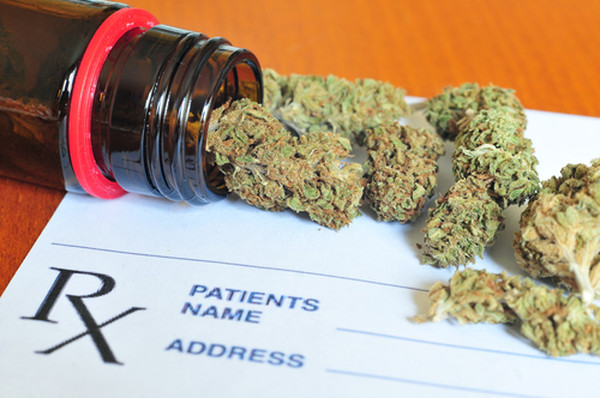According to a recent Ipsos poll commissioned by Tetra Bio-Pharma, it seems that Canadians believe that “Doctor Knows Best” when it comes to recommending cannabis for a medical ailment, even though they are less convinced that they are well enough informed to treat them with it.
“That concern should change as cannabinoid derived prescription drugs become approved by Health Canada, available in pharmacies and covered by private and/or public drug plans,” a Tetra Bio-Pharma release notes. “That time is soon approaching as numerous clinical trials investigating the safety and efficacy of cannabinoid-derived drugs are currently underway.”
The study revealed that two in three (65%) Canadians would be willing (36% very/29% somewhat) to take a pharmaceutical drug containing cannabis that their doctor prescribed, if it was approved by Health Canada and covered by either public or private insurance.
Those more likely to be willing to take these drugs include men (69%), those aged 18-34 (72%), and residents of Ontario (71%). By contrast, if these drugs were not covered by public or private insurance and patients had to pay out of pocket, four in ten (38%) would still be willing to do so (14% strongly/25% somewhat), particularly among men (44%), those aged 18-34 (51%), and residents of B.C. (50%).
According to Dr. Guy Chamberland, Chief Executive Officer and CSO of Tetra Bio-Pharma, the Ipsos results reinforce current understanding of consumer and physician behaviors.
“Patients are open to cannabis as a medical treatment but want their healthcare professional to be in charge,” said Chamberland. “On the flip side, doctors, medical bodies and payors need the safety and efficacy data that they expect from any drug they prescribe. Treatment with cannabis is complex, which is why the pharmaceutical pathway assures precise dosing and consistent formulation.”
Tetra Bio-Pharma says it undertook the research to gain a better understanding of the “attitudes, behaviours and opinions of Canadians on cannabis drugs, including their confidence in taking them, the incidence of medical conditions they have where cannabis treatment could be used, as well as any barriers to cannabis drugs.”
While much attention has been paid to the recent legalization of recreational cannabis in Canada, the Ipsos study found that 69% of respondents do not consider themselves to be cannabis users.
“Of those that do, half say they use it for recreational purposes,” the release notes. “Approximately a quarter of these users report taking it exclusively for medical purposes. If that number seems low, it could be because medical doctors and medical associations are still waiting for scientific data before recommending cannabis to their patients.”



















